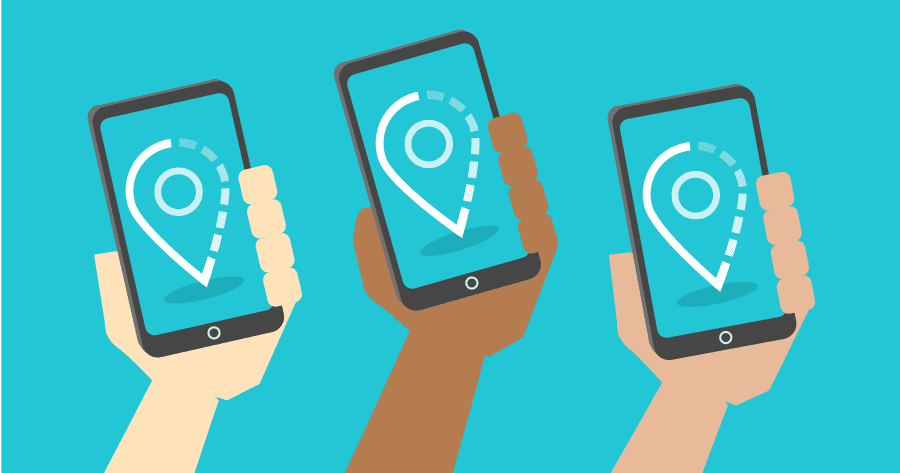
If you’re not aware of the new General Data Protection Regulation (GDPR), effective from 25 May 2018, you need to get up to speed now. If you were already complying with the original Data Protection Act, most of your digital communication processes should already be compliant. However, Health & Safety Managers need to be particularly careful when using online tools and apps to monitor remote workers.
GDPR, in short, lays down the law on how to store, transfer, and process Personally Identifiable Information (PII). You need explicit, unambiguous consent from people to continue using their data in specific ways. If you didn’t get that consent when you originally collected the data, you will not be able to use it now and you will probably have to delete it (check the ‘storage limitation’ rules to be sure).
An increasing number of HR and H&S professionals are using digital technology to monitor employees, particularly remote workers. The monitoring software may link to mobile phones, laptops, body-worn video cameras or other personal technology. It can help prevent employee accidents, reduce stress and save lives – but you must remember that the data you are gathering always belongs to the individual.
Workers who use your systems, whether apps or browser-enabled tools, have the right to request a report showing all the PII that you have stored on them. They also have the ‘right to be forgotten’ – they can request you delete all their personal data (and that means ‘hard’ delete, not just hide). You must also ensure you handle all PII in a secure and responsible manner, particularly when using cloud storage.

We take the protection of personal data as seriously as we take the protection of people. The people who use our app must have confidence in both the effectiveness of our service and our respect for their privacy. Here are five ways we ensure that Safepoint complies with GDPR.
Award-winning safety management tools and a fully accredited response team.